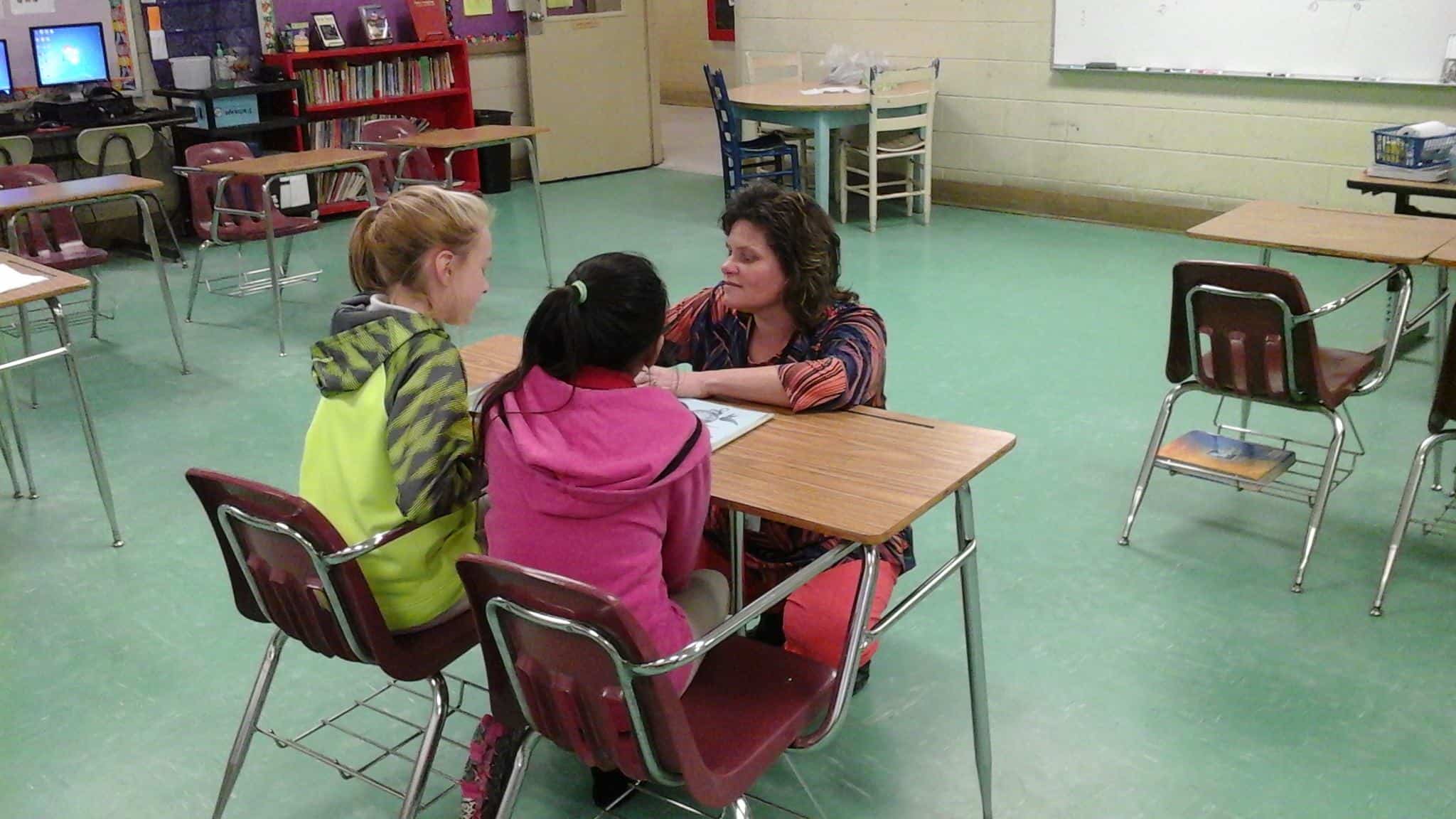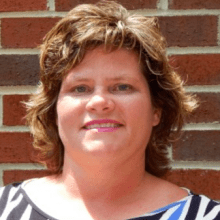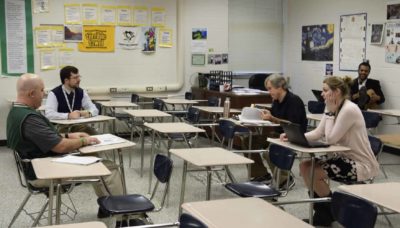When I was little, I remember sitting on the floor of our den doing homework with the television blaring. Mama would come out of the kitchen, turn the television volume down, and say, “How in the world can you concentrate with the TV so loud?”
“It’s not bothering me,” I would say. Little did we know that the loud TV was an indicator of an inner ear disease. A few months later, I can remember going to see an ear, nose, and throat specialist who was able to determine that I had severe hearing loss in my left ear and over half of the eardrum had completely deteriorated. Over the next three years, I continued to see the specialist who performed a tonsillectomy along with four ear surgeries to repair the damage to my ear. To this day I am thankful for Dr. Callaway and will always remember how he made me feel like I was his most important patient. He was more than a doctor, he was my specialist. If it wasn’t for this specialist, I may have lost my hearing completely.
Everyday children enter classrooms and have the privilege of their very own specialist to guide them on a variety of paths.
It starts from the very beginning when they first shake the hand of their kindergarten teacher and continues throughout their educational career, concluding their journey with handshake from their principal and a diploma. Teacher specialists serve students and parents in preschool programs, primary, elementary, middle, and high school. Each teacher is required to go through rigorous training depending upon their chosen educational specialty, much like any other profession. Teachers are required to complete both general education courses and education specific courses for a total of at least 124 semester credit hours. In addition one must complete appropriate apprenticeship field studies and pass the PRAXIS before obtaining licensure. This is not an easy task and requires a sound investment of money and time.
Furthermore, many teachers seek additional degrees or certifications because they have a passion for wanting to improve their teaching skills for the continued success of students. Teachers are seeking these degrees without tuition assistance while continuing to work full time in the classroom. However, the state of North Carolina is refusing to compensate teachers for receiving advanced degrees.
Consider other professionals for a minute. Individuals who receive advanced degrees or certifications related to their profession are compensated accordingly. For example, a registered nurse who continues their education and earns a BS will receive a high salary. Their salary will increase again once they obtain even more advanced degrees and certifications. So why is this not the case for educators?
Teachers who earn additional degrees and certifications are better prepared to facilitate learning in the classroom. They are more knowledgeable of current research and are willing to take risk in the classroom to boost student achievement.
As teachers, we are constantly told to raise the bar for student expectations in order to increase their learning and success. Teachers continually engage in professional development to increase their instructional specialties. They are required to fulfill an enormous amount of non-instructional duties outside of instructional time. Teachers schedule parent conferences, attend sporting events, participate in parent teacher organizations, conduct fundraisers, and provide extra tutoring to those in need. However, in many cases a word of appreciation in not offered, not to mention compensation.
In the classroom, teachers find unique ways to reward students for their hard work and success because they know it is a way to motivate young minds. In many schools teachers are required to follow a positive behavior reward system.
So what is the state doing to motivate good teachers to stay in the profession?
What is being done to recognize teachers as the specialists they are?
Teachers should be afforded the same opportunities as our students. Can we have a positive behavior incentive plan? Remember, everyone can do something to recognize the specialized work that comes from a master teacher and a little gratitude goes a long way.





